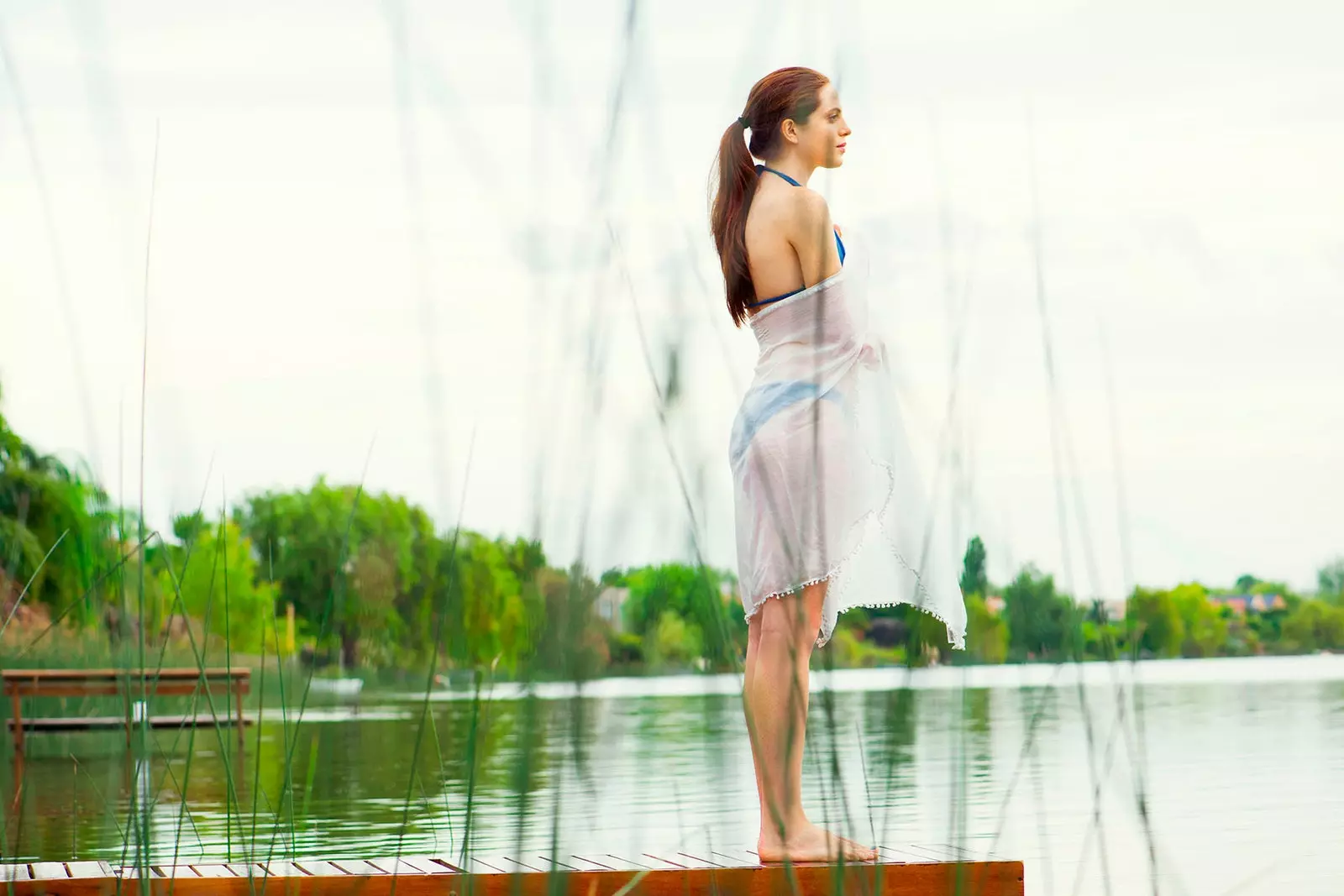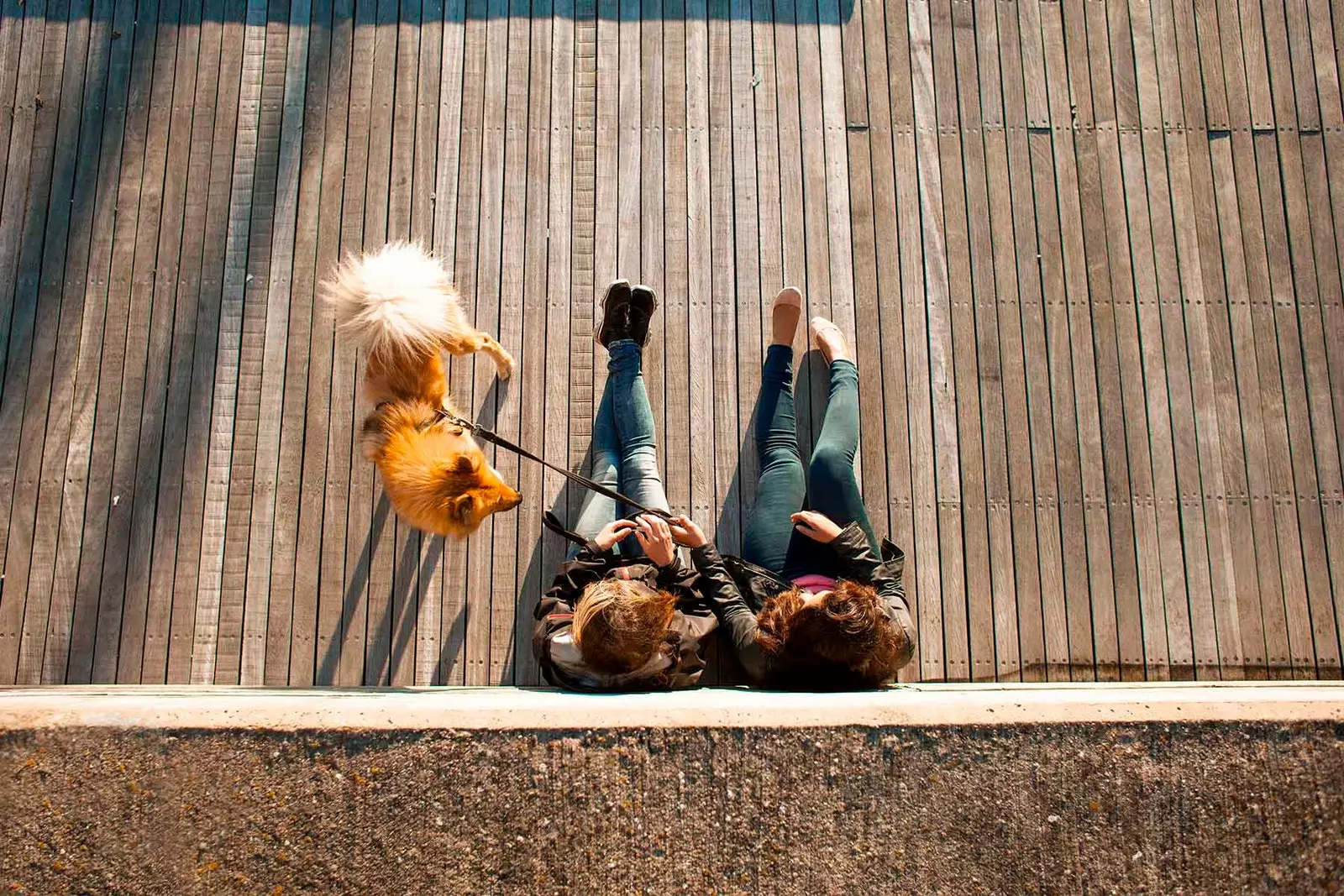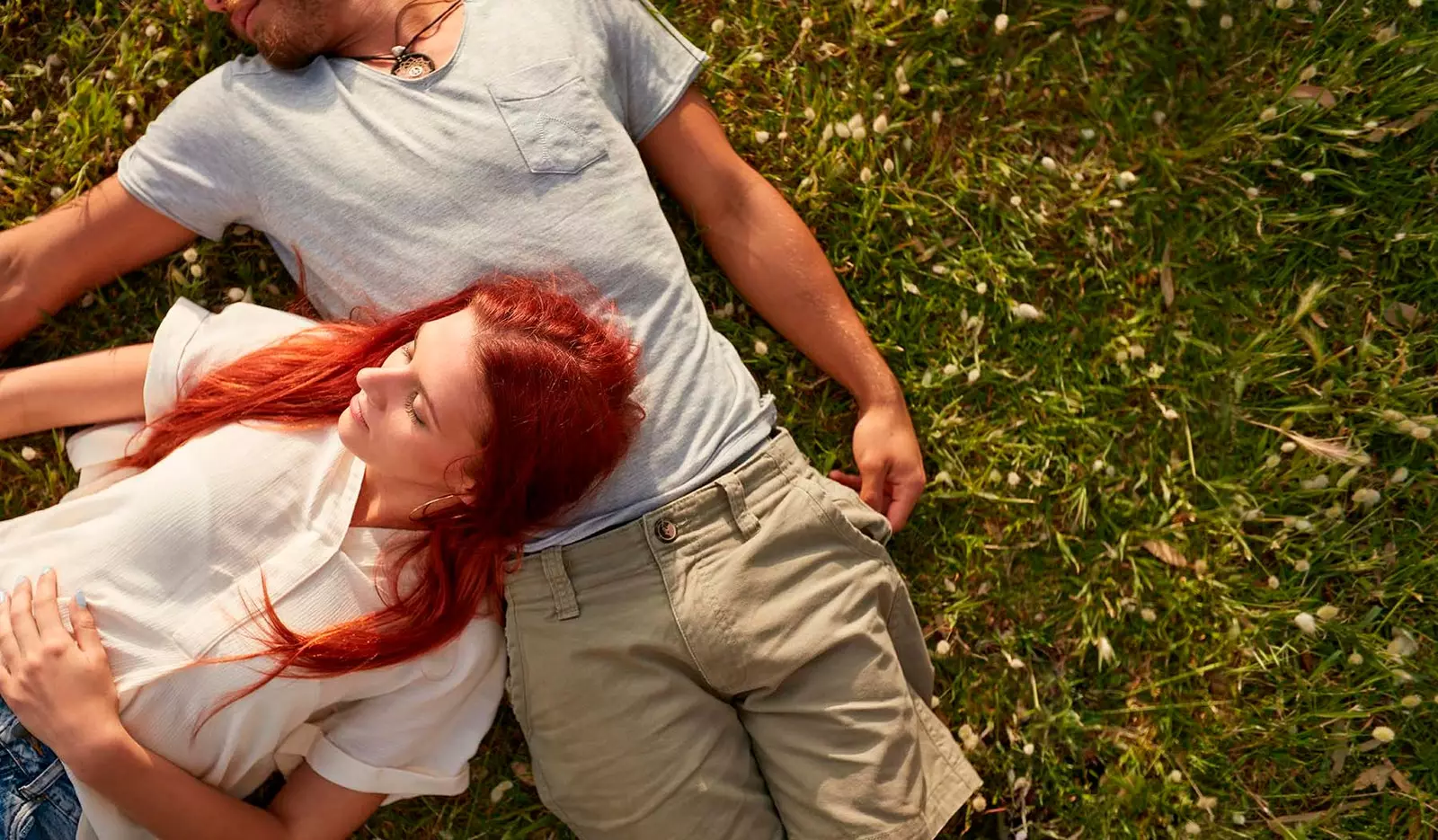
When the holidays become your worst enemy
It's almost like a on/off button : healthy as an apple from Monday to Friday, and afflicted with ailments of all kinds when arriving on Saturday. Because the **leisure sickness ('syndrome of free time') ** , as its greatest researcher has baptized it, Ad Vingerhoets , does not need long resting seasons to emerge, despite the fact that it is during these periods when its incidence is most noticeable.
The symptoms felt by those who suffer from this syndrome (and, only in the Netherlands, they assume 3% of the population ) can range from headache, migraine, muscle aches moderate, excessive fatigue, nausea and, especially during the first days of vacation, viral infections that cause cold and flu symptoms... and spoil your trip , Sure.
But why does this happen? What's the point, if rest is supposed to be good and even necessary to balance the organism? According to the scientific article Leisure Sickness: A Biopsychosocial Perspective , by Vingerhoets himself and Guus Van Heck, developed under the auspices of the university of tilburg (Netherlands) , several investigations indeed show that leisure time has benefits for our health.
Thus, when we are relaxed, both blood pressure and heart rate drop , in addition to having a decreased production of stress hormones like adrenaline. But, nevertheless, this reduction, which at first glance seems advantageous, may be precisely one of the causes of the syndrome, which affects, above all, those who are highly involved in their work , the very perfectionists and type A personalities.

Leisure time is beneficial and necessary
WHEN STRESS "SAVES YOU"
Type A personality appeals to individuals impatient, competitive , ambitious, aggressive in business and those who they have a hard time disconnecting of work, since they are considered absolutely indispensable in their position and are subjected to a high load of stress during working days.
Thus, as we said, it has been shown that stress hormones prevent certain health problems related to the immune system. In fact, in 1961, it was found that a group of monkeys that was exposed to stressful tasks developed ulcers and gastric problems in the rest period immediately after exposure to the stressor, and not during it.
Even a scientist, Van Luijtelaar, discovered that more people died during the holidays especially on the first holidays. This finding, which he discovered simply by counting newspaper obituaries, was later supported by Vingerhoets himself, who found a similar pattern when he analyzed the prevalence of myocardial infarctions during vacation trips.
But how can we "control" our diseases , to the point of relegating them to the moment in which "it suits us best"? As movie-like as it may seem, the typical scene in which the father does not die until the whole family is reunited around his bed, the scientific literature has been echoing this issue for years in such serious cases, in which a terminally ill person is able to postpone his death until the birth of a loved one or the arrival of an important person for her from abroad.

There are those who do not feel bad at work, but when they leave it
"DIE" OF BOREDOM
However, this is only one of the theories that researchers handle, while taking into account another, very connected to this but completely opposite: " Lack of stimulation during free time , when the challenges subside considerably, you may have Negative effects in some people, especially those who score high on extraversion tests," the scientists explain.
"The term overload syndrome ("underload syndrome") is used to refer to this pattern, characterized by reduced production of vital hormones such as endorphins, leading to a consequent drop in metabolic rate, lower energy, a slower immune system and, consequently, a increased susceptibility to infections ".
"Boredom -they conclude- has the same effects on the body as stress . People who are normally busy can get sick when they don't have enough to do, because it causes your stress hormones spike ".
Likewise, the Dutch scientists consider that the people we appeal to, extraordinarily involved in their work, can also present Difficulty leaving work , so they are more likely to take homework home during the holidays, a circumstance that also would increase your stress levels.
On the other hand, they explain that individuals with a strong need for control they also would not have a good time in leisure environments that do not offer the clear structure of a working day , experiencing the change to a day without responsibilities as problematic, since it offers fewer opportunities for control.

Boredom can also be stressful...
CHANGE OF PATTERNS
Among the various theories that Vingerhoets and Van Heck throw out, there is also the one that there is a greater incidence of physical problems during the holidays because people change their behavioral habits : sleeps more or less than usual, takes more or less amounts of coffee , gets carried away more avidly by alcohol and tobacco... All this would result in alterations that would negatively affect their health, triggering a physical imbalance which could make you more prone to disease.
It may also happen that whoever owns a work with a high degree of activity and implication don't have time to listen the signs your body emits during the working season, while during the holidays, with less input from abroad, it is more available to serve you and find yourself experiencing ailments you didn't even pay attention to before.

In the silence of rest, we can listen to our body
THE SOLUTION
"Regarding the question "What can be done?" At the moment we can only speculate and offer guesses. Possibly do physical exercise after the last day of work It would greatly facilitate the physical transition from work activity to rest. Future research should focus on evaluating the possible beneficial effects of adapting lifestyles, changes in sleep habits and a considerable reduced intake of caffeine and alcohol "explain the experts.
"It makes sense to think that there are particular effective interventions for certain subgroups of people, such as cognitive behavioral therapies designed to restore balance in life , with increased attention and appreciation for the social environment and, especially, family ", culminate Vingerhoets and Van Heck about this condition so typical of the capitalist system.
The sensible thing, then, seems to be the usual: focus more on human relationships and less on work and try to learn to disconnect. After all, what you will remember when all this is over will not be the long days in front of the computer, but trips, parties, gatherings with friends , everything you could lose if, due to a massive involvement in the work environment , you keep getting sick every time you go on vacation.

Pay more attention to social relationships, the best cure
